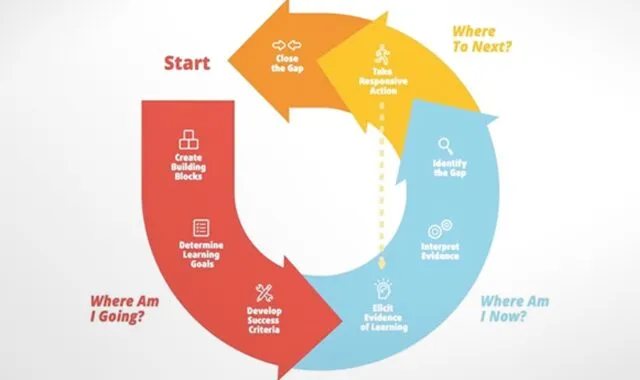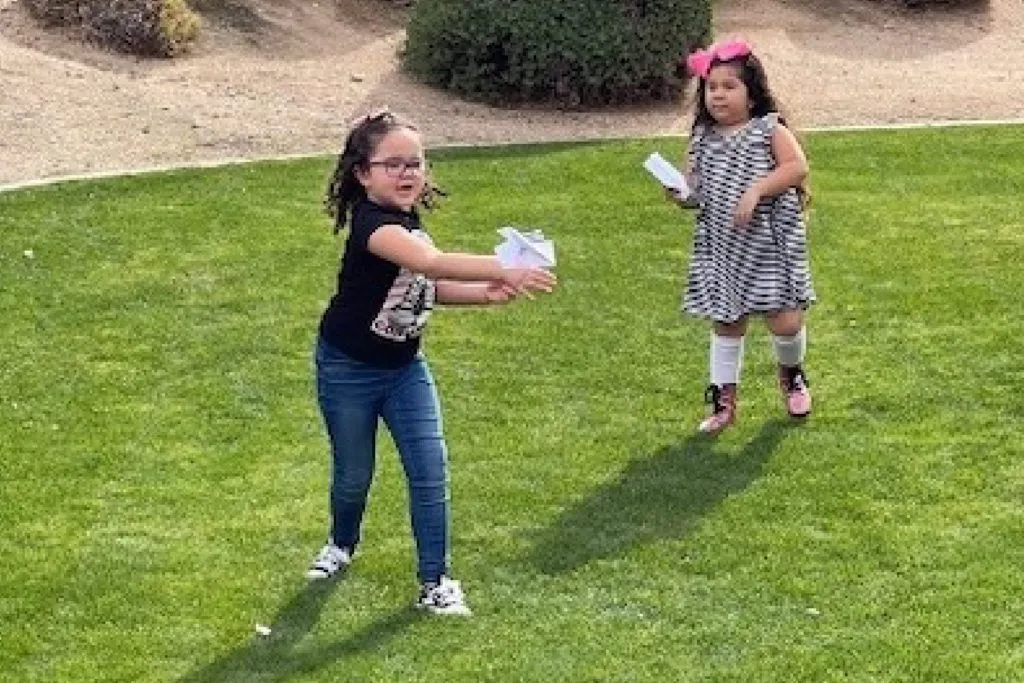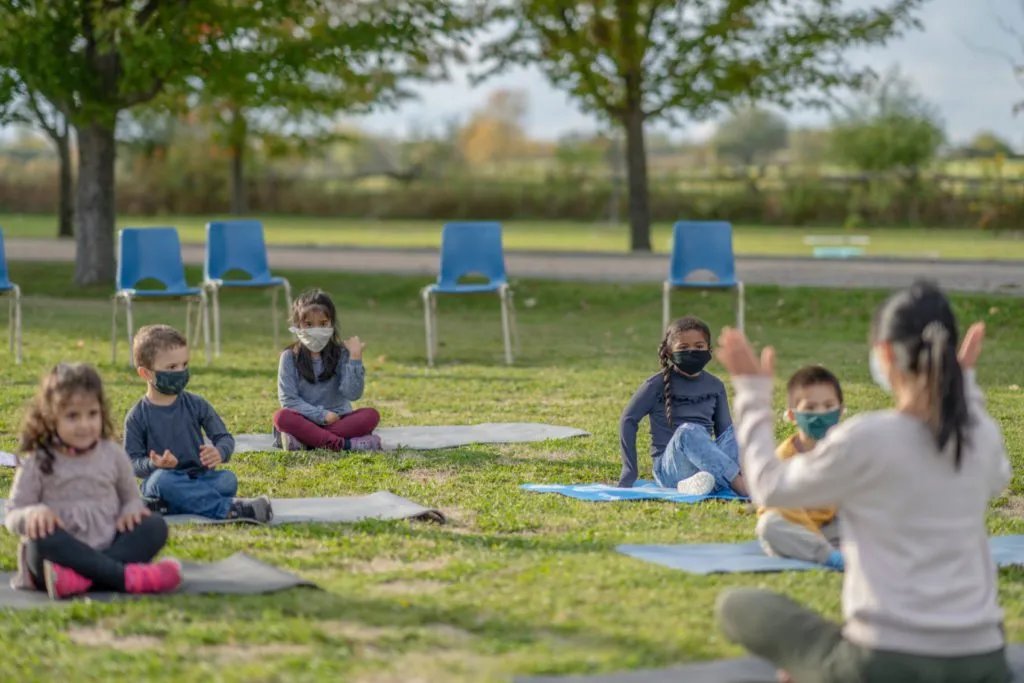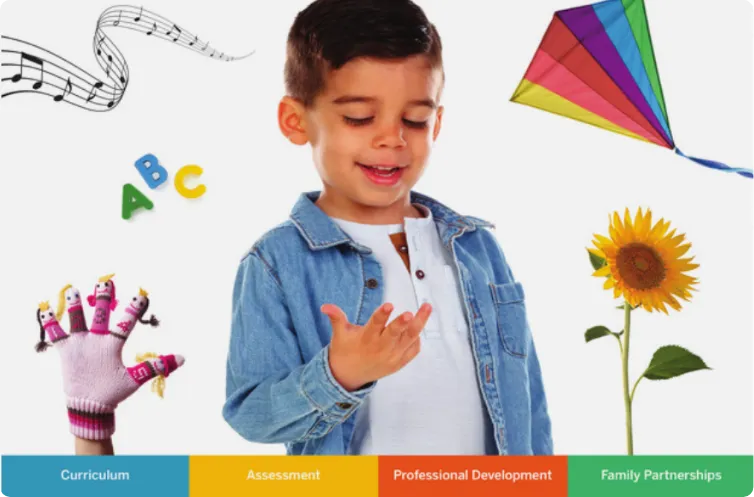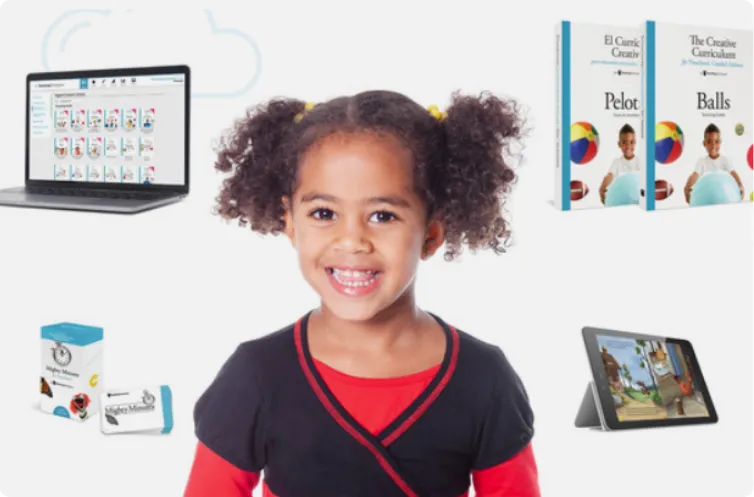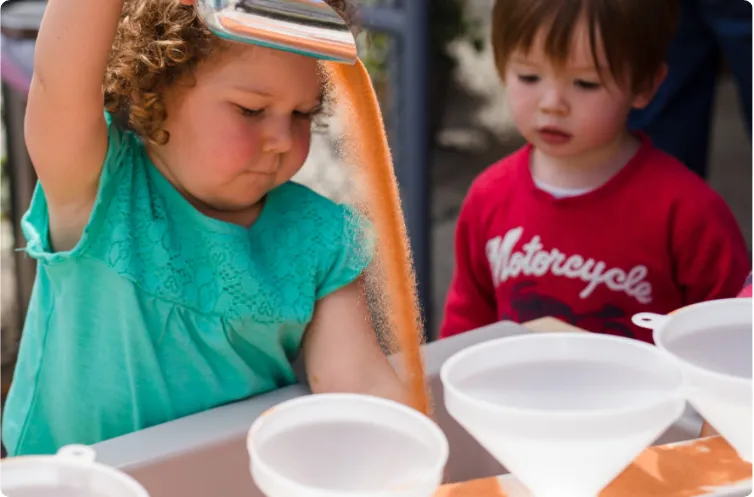We are not only changing the lives of the children we serve today, but the future of our entire community.”
Teresa, Head Start Administrator
Virginia
All Essential Ingredients for a High-Quality Head Start Program
Teaching Strategies strongly supports the Office of Head Start’s commitment to using research to improve the standards that support greater outcomes for children.

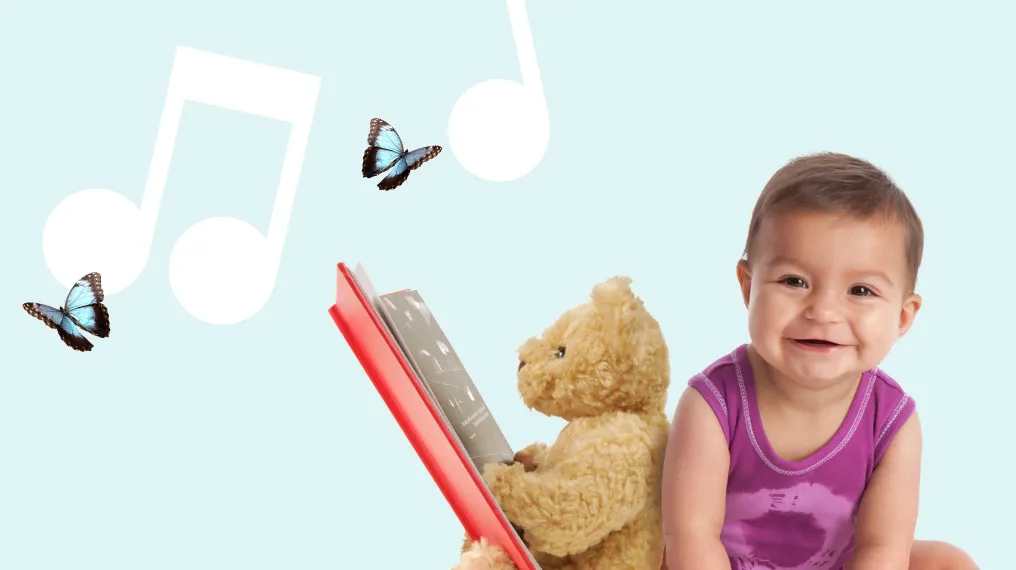
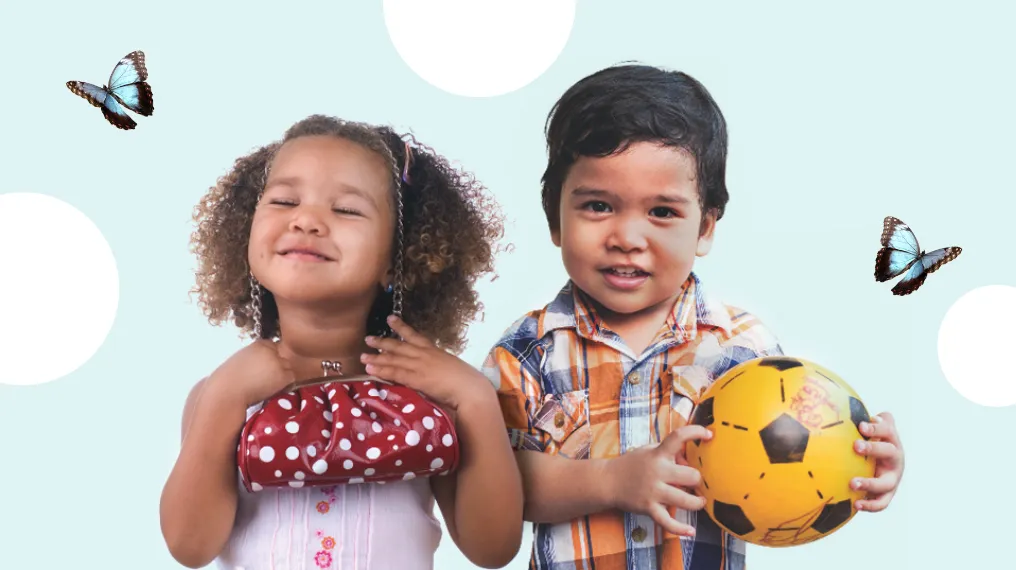

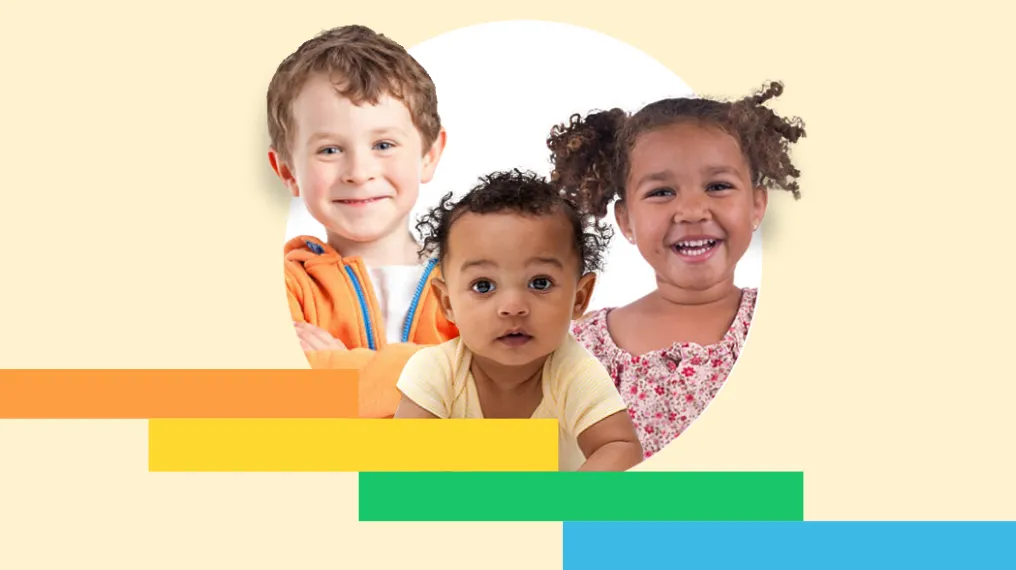


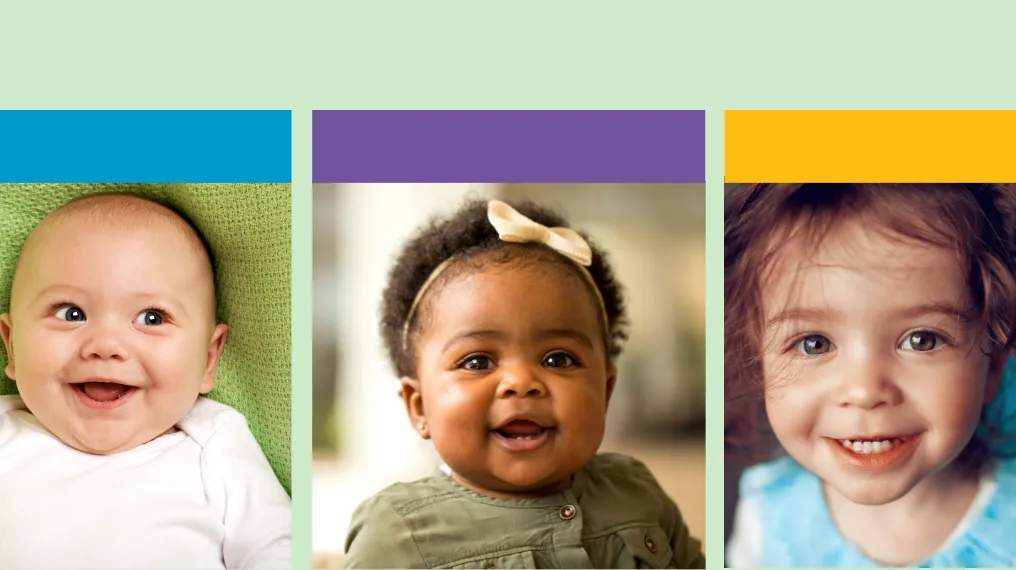


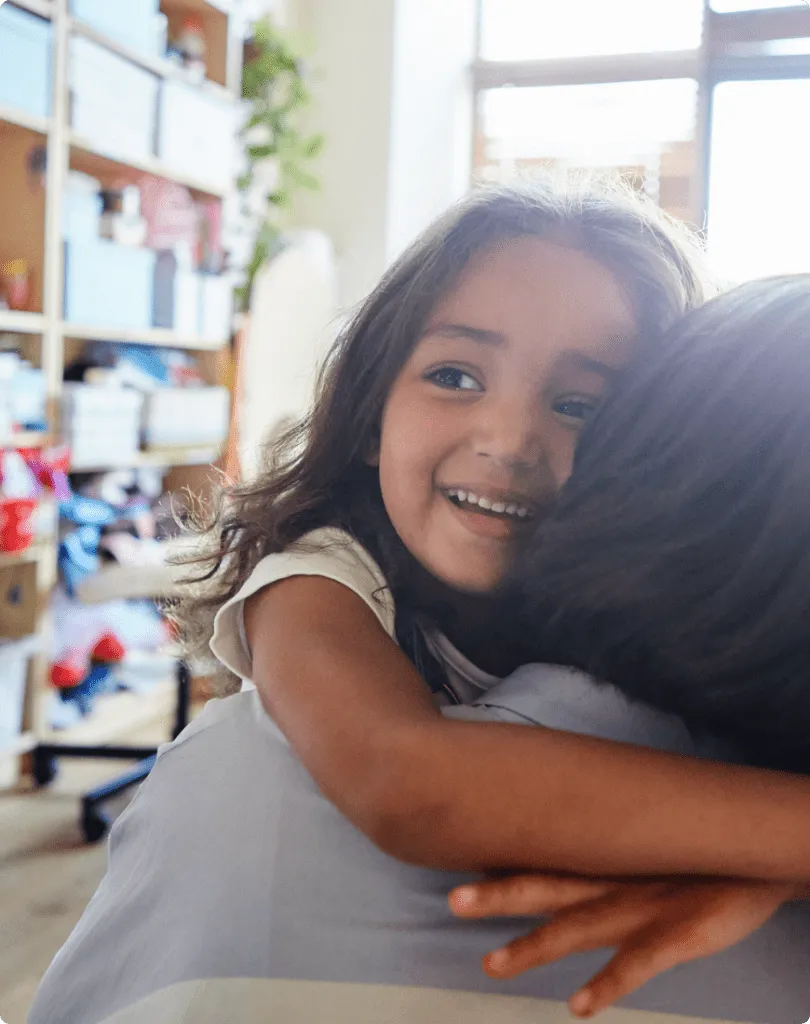











More Reasons to Love Teaching Strategies for Head Start
Implementation and Onboarding Support
Our curriculum and assessment resources align with the Head Start Program Performance Standards and the Head Start Early Learning Outcomes Framework: Ages Birth to Five.
Our Partnership in Action
Discover how Stanislaus County Head Start helps its teachers fill every day with meaningful and engaging experiences for the children in their program through The Creative Curriculum for Preschool.
Ongoing Support Webinars
Join us for free, live Head Start webinars in which we discuss pertinent topics related to Head Start, Early Head Start, and Migrant Seasonal Head Start.
Prepare for Your CLASS® Assessment
Teaching Strategies solutions for curriculum, assessment, family engagement, and professional development can be used to help programs prepare for the CLASS® assessment.

Build the Foundation for Success for Each Child, Every Day
Ensure that your preschool programs integrate all the essential components for high-quality with a single, powerful platform that works hard for teachers.
